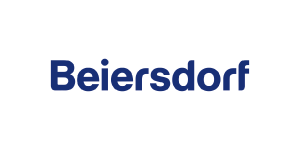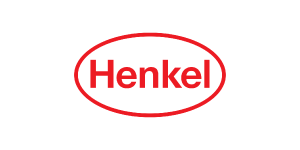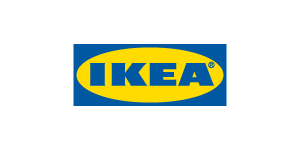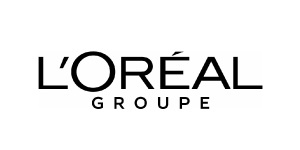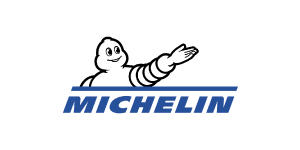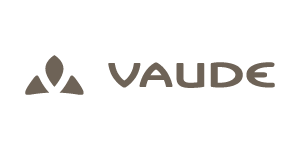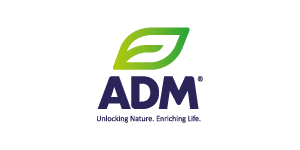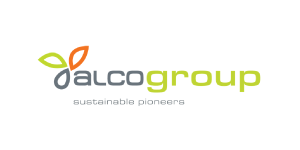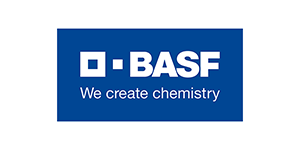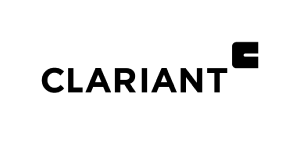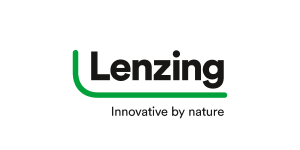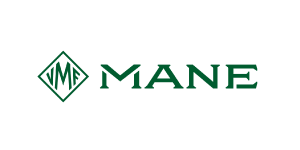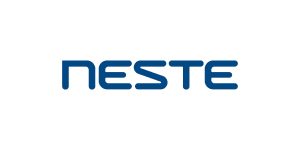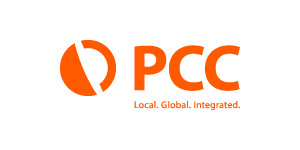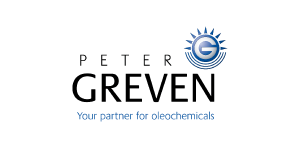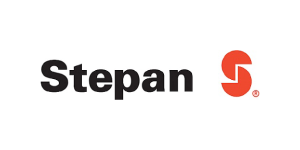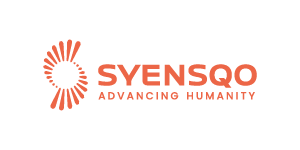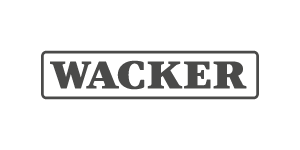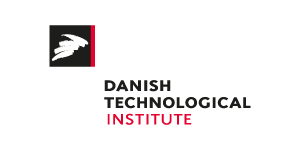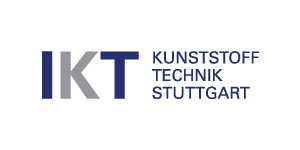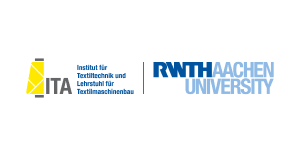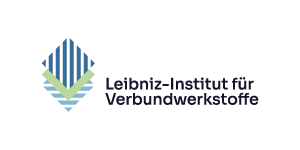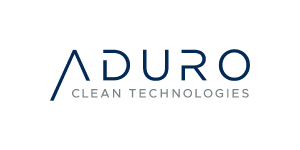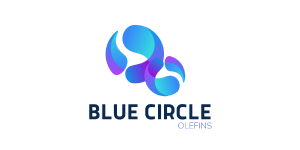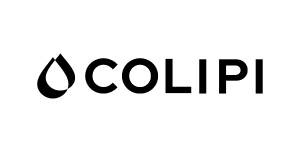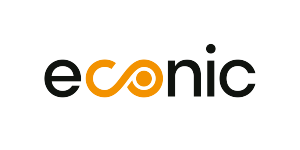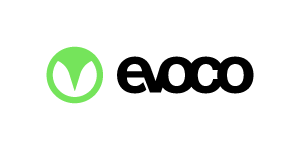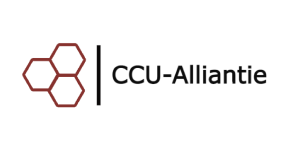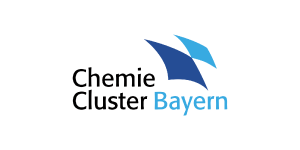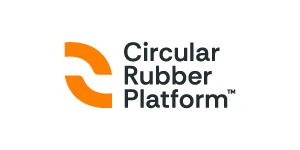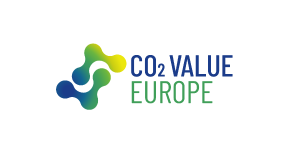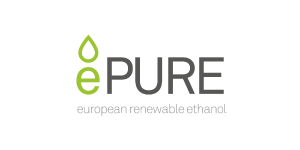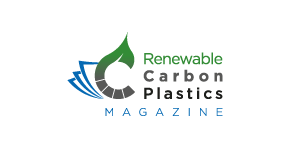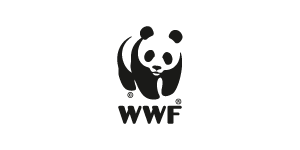Network
Brands
L'Oréal
L’Oréal was born from science, from a vision, created from the idea of a chemist. Since then, science has remained at the heart of our model with our Research & Innovation. It is without a doubt, the performance, safety and superior quality of our products that have been the foundation of our success for over 115 years.
LEGO
The LEGO Group is committed to playing its part in building a sustainable future and making a positive impact on the planet our children will inherit. The LEGO Group have set targets to make its materials and packaging more circular and sustainable, reduce the carbon footprint of bringing LEGO® products to market and limit its use of resources.
New Balance Athletics
New Balance, headquartered in Boston, MA, has the following purpose: Independent since 1906, New Balance empowers people through sport and craftsmanship to create positive change in communities around the world. Responsible Leadership is our approach to doing business. Our day-to-day decisions impact people and the planet.
On
On delivers industry-disrupting innovation in premium footwear, apparel and accessories for high-performance running, outdoor, training, all-day activities and tennis. On’s award-winning CloudTec® innovation, purposeful design and groundbreaking strides within the circular economy have attracted a fast-growing global fan base – inspiring humans to explore, discover and Dream On.
Procter & Gamble
Procter & Gamble (P&G) (BL) is a global leader in consumer goods, producing household and personal care products under brands like Tide, Pampers, Gillette, Pantene, and Oral-B. With a strong commitment to sustainability, P&G integrates responsible business practices into its operations to reduce its environmental footprint.
Large Suppliers
ADM
ADM has created a new business unit to deliver plant-based ingredients to the chemicals and materials industry to support de-fossilization of value chain. Networking and active involvement with industry partners are vital in advancing the cause of adopting renewable carbon into the current fossil fuel raw material chain.
Alcogroup
Alcogroup (BE), headquartered in Brussels, is a European leader in the production, trading, and distribution of ethanol—serving both fuel and industrial markets across multiple continents. A key pillar of our mission is to accelerate the transition to a low carbon, fossil free future, in line with EU’s ambitious 2050 CO₂ emissions targets.
Alfa Laval
Alfa Laval is a leading global provider of first-rate products in the areas of heat transfer, separation and fluid handling. Its technologies enable responsible use of natural resources, reduced environmental impact on industrial processes, improved energy efficiency and heat recovery, better water treatment and reduced emissions.
Arkema
Arkema is a worldwide leader in specialty materials. Building on its unique set of expertise in materials science, Arkema designs materials to address the ever-growing demand for innovative and sustainable materials, driven by the challenges of new energies, new technologies, depletion of resources, clean mobility and increasing urbanisation.
Bakelite
For more than 100 years, our dedication to exploring the infinite possibilities of next-generation synthetics has helped to improve and protect the planet and people’s lives. As a global integrated producer of thermoset specialty resins, systems, and engineered thermoset molding compounds, our trailblazing innovation has not only made homes stronger and transportation safer but has also taken us to new heights—including ventures into space.
BASF (Board Member)
BASF SE is a German multinational chemical company and the largest chemical producer in the world. BASF operates in a variety of markets. Its business is organized in the segments of Chemicals, Plastics, Performance Products, Functional Solutions, Agricultural Solutions, and Oil and Gas.
Givaudan (Board Member)
Driven by passion and innovation, Givaudan Fragrance & Beauty aims to bring delightful and memorable sensorial experiences to consumers around the world. Currently present in all major markets, we strive to be the creative partner of choice for customers not only in personal, fabric, hygiene and home care but also in fine fragrances and overall beauty. The Company is driven by its inspiring Purpose of creating fragrances and beauty products for “happier, healthier lives with love for nature”.
IFF
Inclusive Solutions for the planet and its people. Delivering the needs of today while protecting tomorrow. Above all, we know that we’re borrowing this planet and our decisions must always consider that. With an ever-increasing population, massive challenges in food, health and wellness and an increasing interest from consumers about what’s in their products, we focus on reducing our footprint and extending our handprint, or our positive impact on the world.
MANE
From a family adventure, which began in 1871, when Victor MANE started producing fragrant materials from regional flowers and plant, the small distillery which has continually been run by the MANE family grew successfully to become one of the leading Fragrances and Flavours companies with over 50 R&D centres and its 27 manufacturing sites worldwide.
NG Nordic
NG Nordic is a leading provider of circular solutions and environmental services, tackling the urgent challenges of climate change and resource scarcity. Through reuse, collection, recycling, and depollution, NG Nordic transforms waste into valuable resources and removes hazardous substances from circulation – scaling access to circular raw materials, decarbonise society and help protect natural ecosystems.
Stepan
Stepan Company (US) serves a range of markets from consumer products such as laundry detergents, hard surface cleaners, disinfectants, shampoos and body wash; to customized solutions for the agricultural, oilfield and construction markets; polyurethane polyols used in the thermal insulation market; and high purity esters, fats and oils for the pharmaceutical, medical nutrition and dietary supplement industries.
Sulzer
The Chemtech division of Sulzer is the global market leader in innovative mass transfer, static mixing and polymer solutions for chemicals, petrochemicals, refining and LNG. We are steering the way in ecological solutions such as bio-based chemicals, polymers and fuels, recycling technologies for textiles and plastic as well as carbon capture and utilization/storage, contributing to a circular and sustainable economy.
TÜV Austria
Competence, diversity, international orientation and tradition form the basis of the service portfolio for integrated safety, quality, environmental and technical resource management. TÜV AUSTRIA creates safety and added value with all its activities. For our customers and partners, for our employees.
SME
Fibenol
Fibenol is at the forefront of creating sustainable biomaterials, offering a solution for a more environmentally friendly future. We are committed to moving beyond fossil-based chemicals and instead focus on producing renewable biomaterials using lower-value hardwood sourced from certified forests. Through wood fractionation, Fibenol is revolutionizing the wood processing industry.
Futerro
Futerro is a pioneering Belgian company at the forefront of sustainable chemistry, dedicated to replacing fossil-based carbon with renewable alternatives. Since its beginnings in 1992, Futerro has led the development and industrialisation of lactic acid, lactide and polylactic acid (PLA) — bio-based, recyclable and industrially compostable polymers that can substitute many traditional plastics and support the ecological transition of the chemical and materials industry. Its PLA products, now marketed under the Futeon™ brand, are derived from plant sugars and offer low-carbon, circular solutions across a wide range of applications.
SCS Global Services
Since 1984, SCS has been a pioneer and leader in the field of sustainability standards and third-party certification, working across the economy in a cross-section of industries including climate mitigation, green building, natural resources, product manufacturing, food and agriculture, consumer products and more.
Research Institutes
Danish Technological Institute
The Danish Technological Institute (DTI), established in 1906, is a leading research and technology organisation dedicated to advancing innovation and fostering sustainable growth. Each year, DTI’s progressive solutions help businesses improve products, processes, and technologies.
IKT
The Institut für Kunststofftechnik focuses its attention on plastic products. Plastics engineering concentrates on the interaction between material, process and product, in order to increase manufacturability and usability properties, intenting to create innovative plastic products which are resource efficient and marketable.
Leibniz-Institut für Verbundwerkstoffe
The Leibniz-Institut für Verbundwerkstoffe GmbH (IVW) is a nonprofit research institution of the state of Rhineland-Palatinate and the University of Kaiserslautern-Landau. It researches fundamentals for future applications of composite materials, which are of great importance for the mobility of the future, the fields of energy, climate and environment, production technology as well as for health care.
Start-Ups
Aduro Clean Technologies
Aduro Clean Technologies (“Aduro”) (CA) is a chemical technology company based in London, Ontario, Canada. Founded in 2011, the company has developed an innovative technology platform that addresses critical environmental challenges. Aduro’s patented Hydrochemolytic™ Technology (HCT) is at the core of its operations, offering groundbreaking solutions for transforming plastic waste, heavy crude oils, and renewable oils into valuable resources.
amynova polymers
amynova polymers (DE) is a company that develops, researches and produces amylofol®, an innovative starch-based biopolymer. Due to its unique properties, amylofol® has great potential for increasing the efficiency of crop protection and fertilisation in agricultural production, as a barrier coating on paper and packaging, and for dust binding in various industrial and environmental applications.
BioBTX
BioBTX creates sustainable BTX from non-food biomass and plastic waste. BTX are vital components needed to create high performance materials, such as new plastics. As a result of sustainable BTX, plastics can become part of a circular economy. In addition, plastics production can liberate itself from fossil resources.
Blue Circle Olefins
Blue Circle Olefins is a scale-up that is developing a 200kton Methanol to Olefins (MTO) production facility in Rotterdam, the Netherlands. By 2030 the plant will convert green methanol, produced from mixed plastic waste or agricultural and forestry residues, into respectively carbon recycled and biobased ethylene and propylene.
ChainCraft
ChainCraft is a start-up company converting food residues (waste) into medium chain fatty acids using proprietary fermentation technology, which are or can be used in various markets ranging from animal nutrition, flavours & fragrances and food additives, agriculture, and the chemical industry to synthesize ingredients for detergents, personal care, lubricants, etc.
Delft Advanced Biofuels
Delft Advanced Biofuels, commonly referred to as DAB.bio, is a pioneering biotechnology company that focuses on developing advanced biomanufacturing technologies. The company aims to revolutionise the large-scale production of chemicals and fuels from renewable sources through innovations in microbial fermentation and bioprocessing.
Dioxycle
Dioxycle (FR) is a start-up company founded on the principle that innovative advances and a do-it-yourself mentality can create cost-effective ways to convert waste carbon emissions into valuable feedstocks. At the heart of their solution is a proprietary electrolysis technology that breaks down carbon emissions and reconstructs them into ethylene – the world most sold petrochemical, providing a sustainable alternative to traditional chemicals and fuels while cutting down atmospheric carbon dioxide levels.
Econic Technologies
Econic is a catalyst and process technology company, focused on converting CO2 into usable carbon, initially in the polyurethanes industry, through polyols, and in surfactants. The technology has the potential to become a platform technology to be used in wider range of polymer systems.
Oxylus Energy
Oxylus Energy (US) is a start-up focused on decarbonising the hard-to-abate sectors of aviation, shipping, and chemicals, responsible for ~11% of global emissions.Oxylus Energy (US) is a start-up focused on decarbonising the hard-to-abate sectors of aviation, shipping, and chemicals, responsible for ~11% of global emissions.
TripleW
TripleW (IL) is pleased to join the Renewable Carbon Initiative to realise its shared goal of reducing dependence on fossil-based carbon. TripleW believes that, whenever possible, products should be based on renewable carbon, with “Renewability” as the key to achieving a sustainable circular bioeconomy.
Vioneo
Vioneo (CH) is transforming the plastics industry by tackling its biggest challenge: the reliance on fossil feedstocks. As businesses face growing pressure to reduce CO2 emissions and embrace circularity, they provide a groundbreaking solution – fossil-free, traceable, and certified plastics made at scale.
Change Chemistry
Change Chemistry (US) is a unique global coalition of chemical producers, brand owners, retailers and innovative start-up companies working in collaboration with government agencies, academic institutions, and non-profits to catalyse the transition of global manufacturing value chains to safe and sustainable chemistry.
CO2 Value Europe
CO2 Value Europe (CVE) is an international non-profit association representing the Carbon Capture and Utilisation (CCU) community in Europe and beyond with a mission to promote the development of a circular carbon economy based on CO2 to reduce greenhouse gas emissions and to move away from fossil.
Industrielle Biotechnologie Bayern Netzwerk GmbH (IBB)
Industrielle Biotechnologie Bayern Netzwerk GmbH (IBB) is convinced of the need to abandon fossil resources for the production of chemicals, materials and fuels, for their use is neither sustainable, nor environmentally friendly, nor suitable for protecting the climate.
kunststoffland NRW
kunststoffland NRW is the only association in the plastics industry that represents the entire plastics value chain, from raw material production and processing to recycling, including machine manufacturers, service providers, and research and training institutions. With around 160 member companies – including large corporations, highly innovative SMEs and start-ups – as well as the members of its regional partners, it represents the industry in North Rhine-Westphalia.
Molecule Group
Molecule Group is a policy firm and industry convenor focused on accelerating the deployment of sustainable fuels, chemicals, and materials across global markets. In an increasingly complex policy landscape, Molecule Group fills a critical gap by providing a cross-technology, cross-border platform for advancing policy alignment on sustainable molecules.
Renewable Carbon Plastics
For over 15 years, bioplastics MAGAZINE has been the go-to destination for insights into the dynamic world of bioplastics. Recently, they celebrated their 100th edition and simultaneously announced their official rebranding to “Renewable Carbon Plastics” (RCP). This transformation signifies their commitment to a broader and more inclusive vision for the plastics industry, one that embraces innovative approaches to address the critical challenges of plastic pollution and climate change.
WWF Deutschland
“Our mission is to build a future in which people live in harmony with nature. From our experience as the world’s leading independent conservation body, we know that the well-being of people, wildlife and the environment are closely linked. That’s why we take an integrated approach to our work.”
